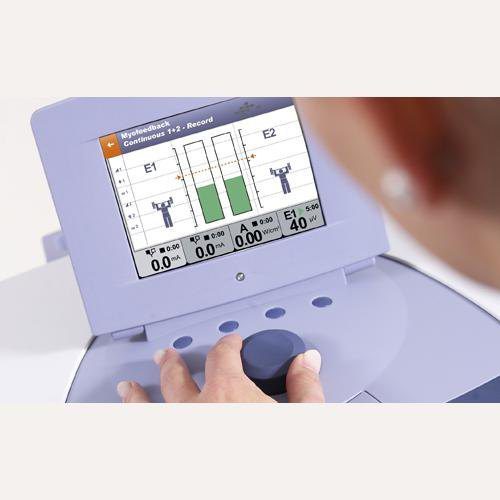Patients with spinal cord injuries frequently experience bladder and bowel symptoms, which can have a negative impact on their quality of life. When considering bladder and bowel management strategy options to facilitate re-establishment of some level of elimination control, the level of spinal cord injury is an important factor to consider.
We have a group of expert physiotherapists, nurses and health care assistants who work together to treat patients with bladder and bowel issues.
- Urine leakage caused by coughing, sneezing, running, or exertion is known as stress incontinence.
- Urge incontinence is characterized by the following symptoms: a urine leak following a strong and urgent need to pee.
- Overactive bladder: the need to pee more than eight times each day.
Why get treated by us?
Incontinence is not an untreatable condition. Incontinence is not a sickness in of itself, but rather a sign of an incurable condition that affects men, women, and adolescents. Embarrassment, humiliation, and an incorrect feeling of hopelessness about dealing with the situation can all deter people from getting treatment.
Our therapists are qualified to assist patients in overcoming incontinence by using a non-surgical approach. They recommend a self-help workout regimen that has helped many people restore bladder and/or bowel control. These workouts are critical for improving the muscles that make up the internal organs and regulate the sphincter muscle.

What is the recovery process like?
Patients are instructed how to perform correct pelvic diaphragm exercises using a computerized biofeedback device that measures pelvic floor muscle activity. The gadget aids in knowing how to do the exercises correctly, by providing visual help. Monitoring a toileting diary and bladder retraining methods may be part of the treatment. Patients will be taught on food and nutrition to minimize foods and beverages that may upset the bladder.





 Health Corp LLP
Health Corp LLP